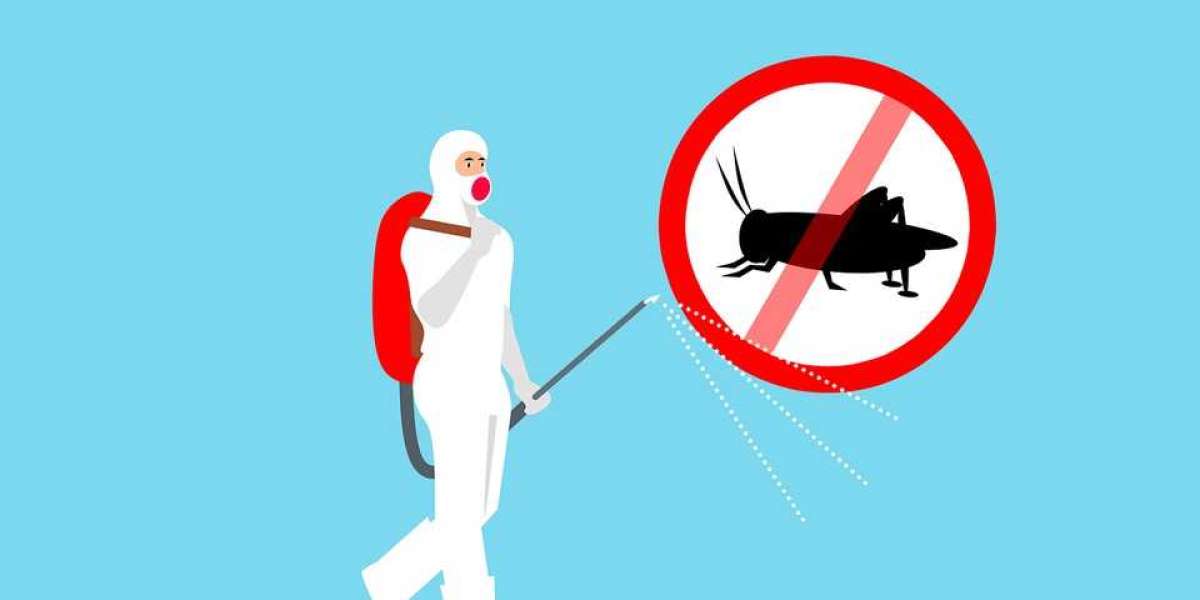Effective strategies for commercial pest control involve a combination of preventive measures, proactive monitoring and targeted treatments. Here are some key strategies:
- Integrated Pest Management (IPM): Implementing an IPM approach is crucial for long-term pest control. This method focuses on preventive measures such as sealing entry points, removing food sources and eliminating breeding sites. It also includes regular inspections to detect pest issues early.
- Regular Inspections: Conduct routine inspections of the entire property to identify signs of pest activity. Early detection allows for prompt action, preventing infestations from spreading and becoming more challenging to manage.
- Sanitation: Maintain high levels of cleanliness throughout the property, especially in areas like kitchens, break rooms and storage areas. Proper sanitation reduces food and water sources, making the environment less attractive to pests.
- Exclusion: Seal all cracks, gaps and openings in walls, windows, doors and utility lines to prevent pests from entering the building.
- Monitoring: Use traps, baits, and monitoring devices to track pest activity and assess the effectiveness of control measures.
- Education and Training: Train employees about pest awareness and the importance of reporting any signs of infestations promptly.
- Environmentally Friendly Products: Utilize eco-friendly pest control products and methods whenever possible to minimize the impact on the environment and occupants.
- Pest-Specific Treatments: Tailor treatments to the specific pest species, ensuring maximum effectiveness and minimal impact on non-target organisms.
- Regular Service Visits: Partner with a professional pest control company that provides regular service visits to assess and address any emerging pest issues.
- Documentation: Maintain detailed records of pest control activities, including inspection findings, treatment plans, and results.
- Emergency Response Plan: Have a contingency plan in place to address sudden pest emergencies promptly.
By employing these effective strategies for commercial pest control, businesses can create a healthier and safer environment for employees, customers, and visitors while safeguarding their reputation and assets. Regular collaboration with a reputable pest control service provider is crucial to ensure continuous monitoring and effective pest management.







